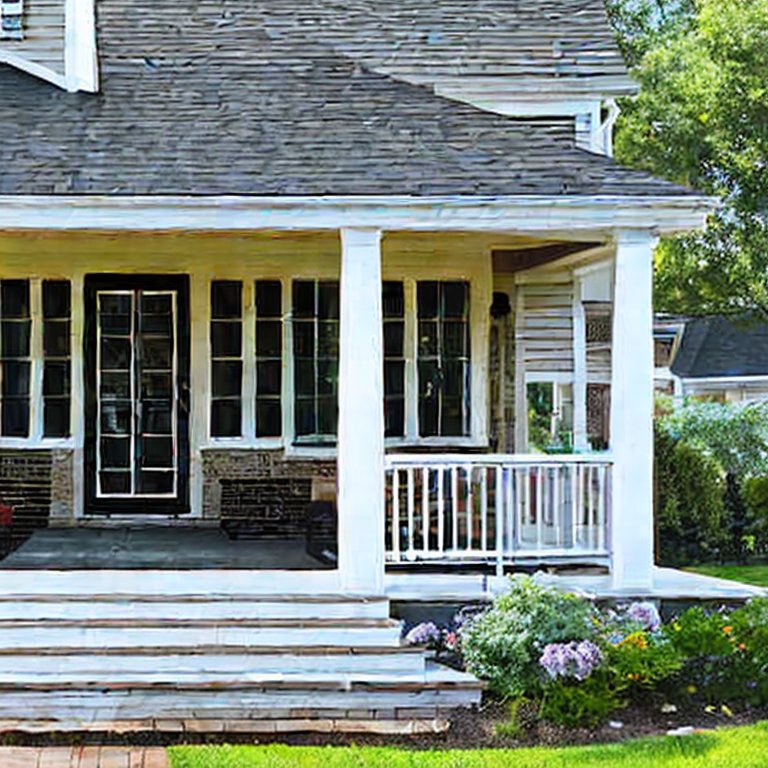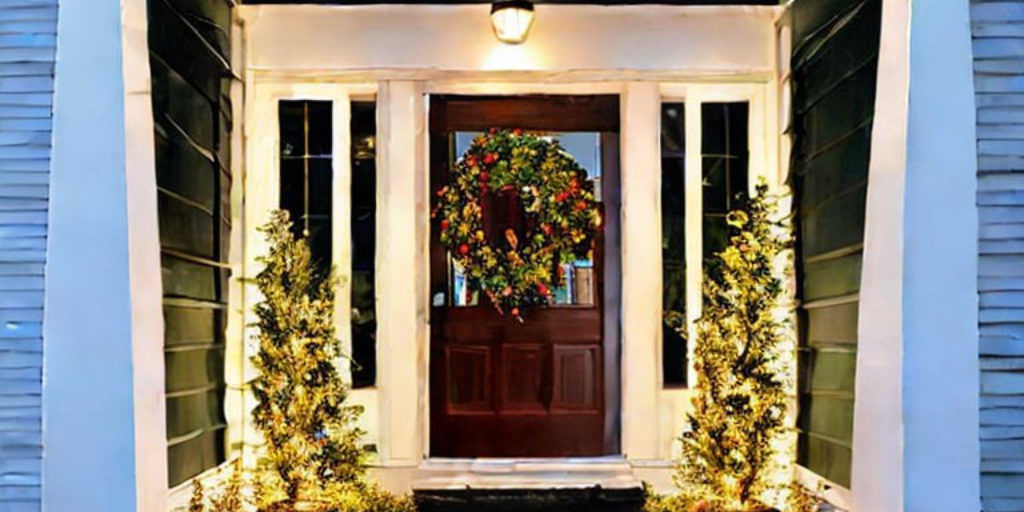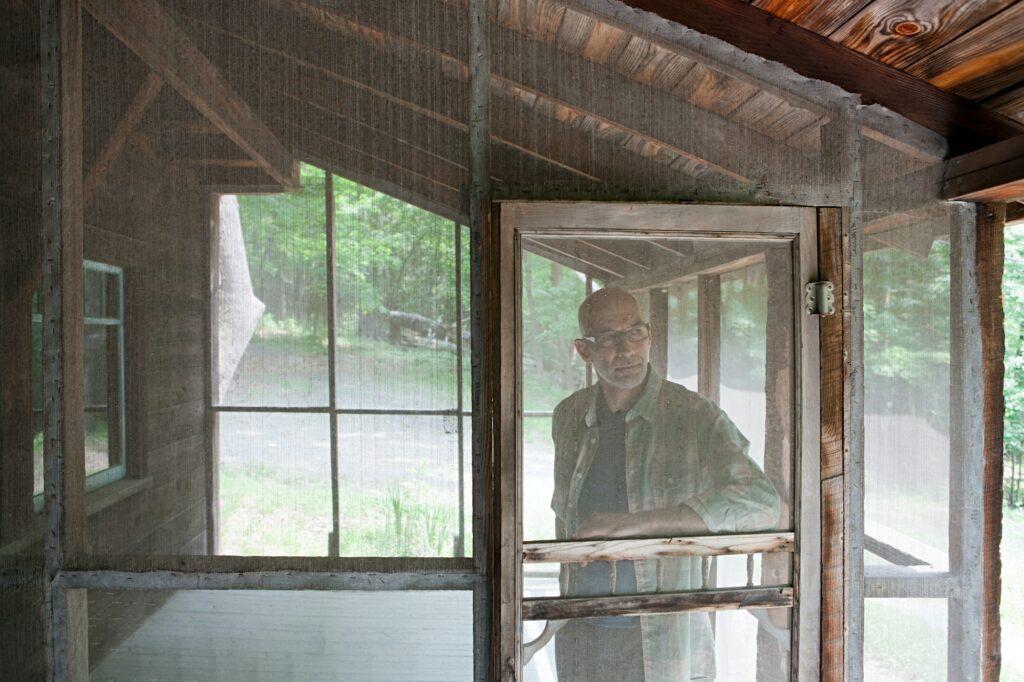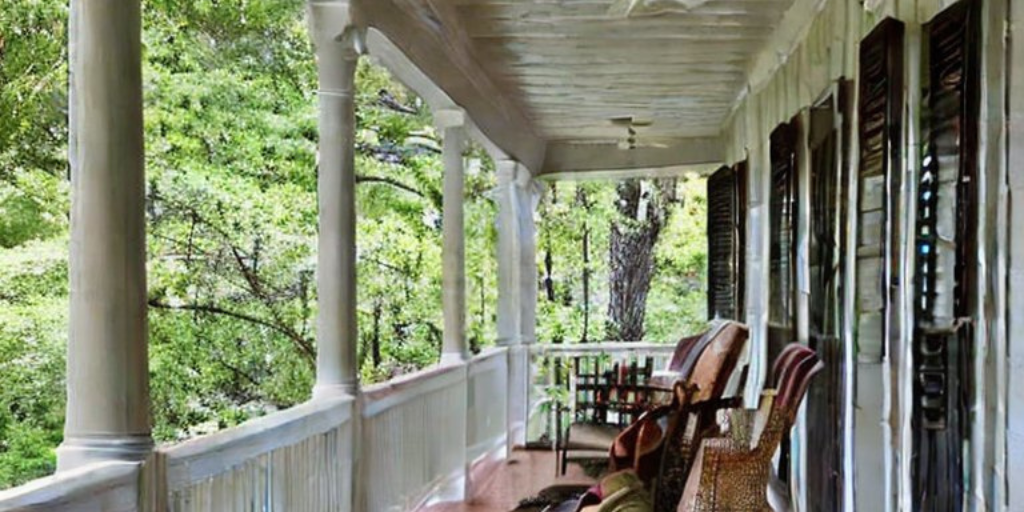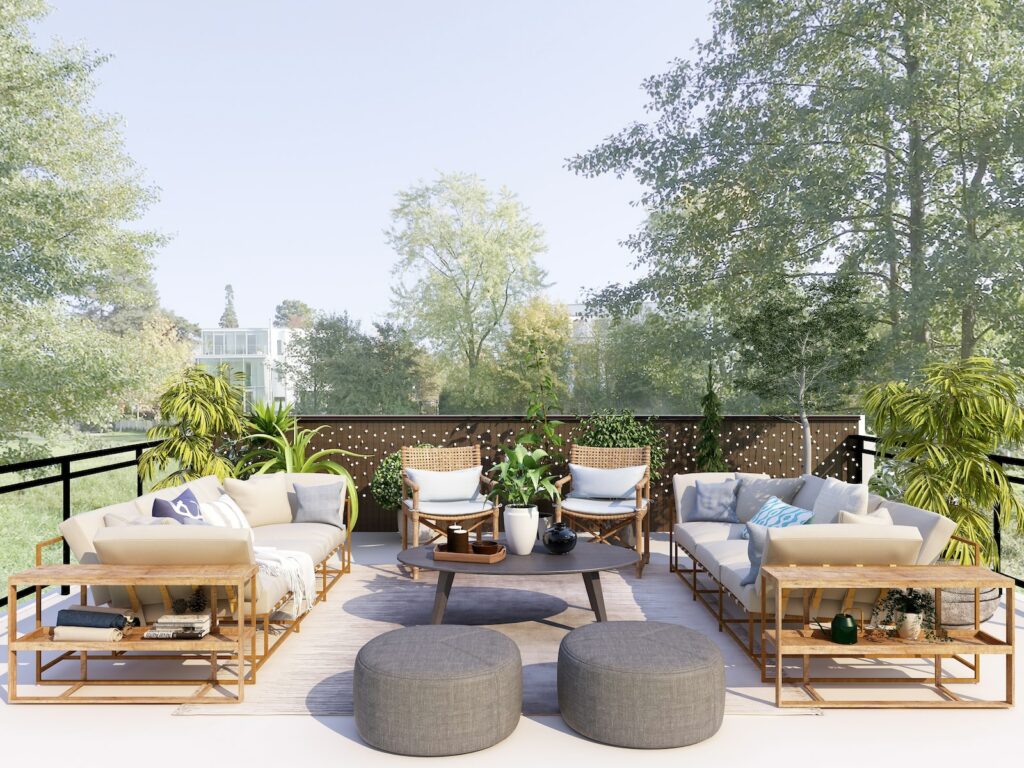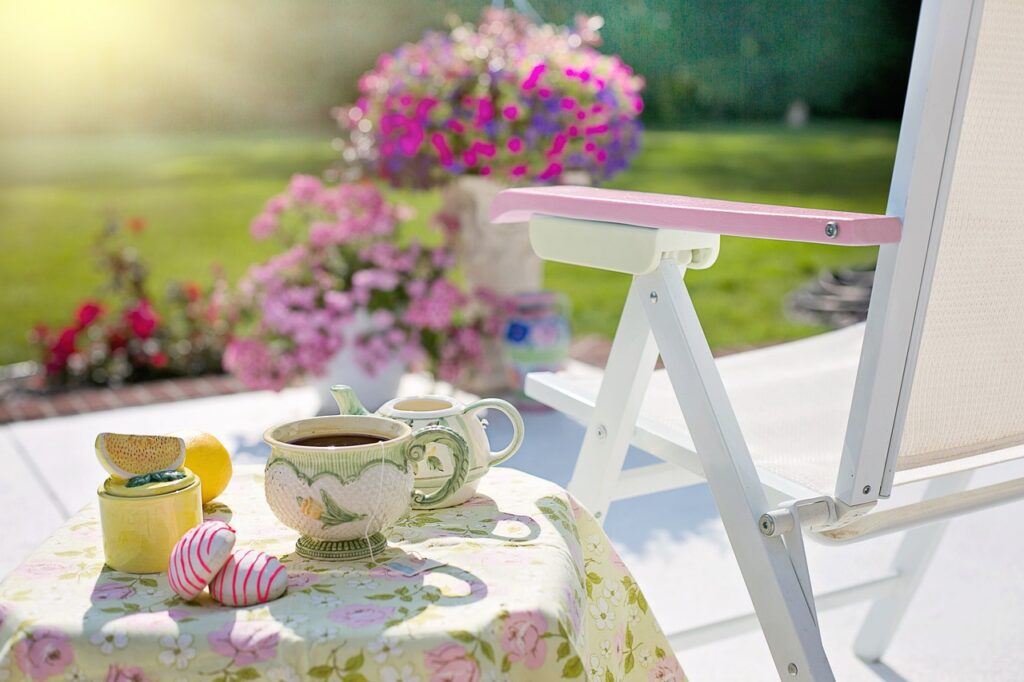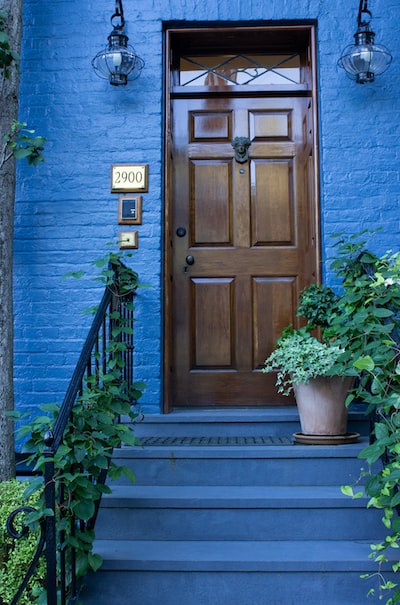Learn about the pros and cons of different porch materials to make your home amazing. When it comes to constructing or renovating a porch, choosing the right materials is essential. Porch materials play a significant role in determining the durability, maintenance requirements, aesthetics, and overall value of your porch.
In this article, we will provide a comprehensive analysis of the pros and cons of different porch materials, exploring key factors that impact their suitability. By understanding the tradeoffs involved and considering the impact on your porch, you can make informed decisions about which materials are best suited for your needs.
The Pros And Cons Of Different Porch Materials
Contents
From timeless wood to low-maintenance composite decking, explore the pros and cons of different porch materials! Enhance your curb appeal and make an informed choice. Discover the durability, maintenance requirements, and design options of wood, composite decking, PVC, and concrete. Choose the perfect porch material to suit your style and withstand the test of time!
Wood Porch
Pros:
- Classic and timeless aesthetic: Wood lends a natural, warm, and inviting look to your porch.
- Versatility: Wood can be easily customized and stained in various colors to match your desired style.
- Easy to work with: Wood is readily available, making it accessible for construction or repairs.
- Cost-effective: Wood is often more affordable compared to other materials.
Cons:
- High maintenance: Wood requires regular sealing, staining, and maintenance to protect it from weather elements, insects, and rot.
- Susceptible to damage: Wood is prone to warping, cracking, and splintering over time.
- Limited lifespan: Even with proper maintenance, wood may deteriorate faster than alternative materials.
Composite Decking Porch
Pros:
-
-
- Low maintenance: Composite decking is resistant to rot, fading, and staining, requiring minimal upkeep.
- Durability: It is designed to withstand harsh weather conditions and resist moisture, insects, and UV rays.
- Wide range of colors and finishes: Composite decking offers various options to match your preferred aesthetic.
- Long lifespan: Composite decking can last significantly longer than wood with proper care.
-
Cons:
-
-
- Higher upfront cost: Composite decking is generally more expensive than wood initially.
- Heat retention: Some composite decking materials may retain heat, making them uncomfortable to walk on in hot climates.
- Limited repair options: Damaged composite boards are often difficult to repair or replace, requiring more extensive fixes.
-
PVC (Vinyl) Porch
Pros:
-
-
- Low maintenance: PVC requires minimal upkeep and is resistant to rot, insects, and moisture.
- Durability: It is highly resistant to cracking, warping, and fading, maintaining its appearance over time.
- Wide variety of styles and colors: PVC offers versatile design options to match different architectural styles.
- Long lifespan: PVC has a long life expectancy and can withstand years of use.
-
Cons:
-
-
- Limited aesthetic appeal: Some people find PVC to have a less natural or authentic appearance compared to wood.
- Higher initial cost: PVC tends to have a higher upfront cost than wood.
- Heat sensitivity: PVC can expand or contract with temperature changes, which may cause some issues if not properly installed.
-
Concrete Porch
Pros:
-
-
- Durability: Concrete is known for its strength and resilience, making it suitable for heavy foot traffic.
- Low maintenance: Concrete requires minimal upkeep and is resistant to rot, insects, and decay.
- Versatility: Concrete can be stamped, stained, or textured to mimic various materials like brick or stone.
- Longevity: A well-maintained concrete porch can last for decades.
-
Cons:
-
-
- Limited design options: Compared to other materials, concrete may offer fewer design possibilities.
- Installation challenges: Pouring and curing concrete requires professional expertise and can be time-consuming.
- Susceptible to cracking: Concrete can develop cracks over time due to shifting ground or extreme temperature changes.
-
Tradeoffs and Challenges
Each porch material presents its own set of tradeoffs and challenges. Balancing factors like aesthetics, durability, maintenance requirements, lifespan, and cost is crucial in making the right decision.
While wood offers a classic and customizable look, it requires significant maintenance. Composite decking and PVC provide low-maintenance alternatives but come at a higher initial cost. Concrete offers durability but may lack design flexibility.
Considering the Impact
When selecting porch materials, it’s important to consider the impact on your porch’s functionality, longevity, and overall value. Factors such as climate, desired aesthetic, maintenance commitment, and budget should guide your decision-making process. Additionally, consulting with professionals and understanding local building codes can ensure compliance and enhance the long-term success of your porch project.
FAQs About The Pros And Cons Of Different Porch Materials
Q. Which porch material is the most cost-effective?
A: The cost-effectiveness of porch materials depends on various factors. Wood is generally more affordable initially, but its long-term maintenance costs should be considered. Composite decking and PVC have higher upfront costs but require less maintenance over time, potentially offsetting the initial investment.
Q. Which porch material is the most durable?
A: Composite decking, PVC, and concrete are known for their durability. They are resistant to rot, insects, and moisture, making them suitable for long-lasting porches. Wood, while less durable, can still offer good longevity with proper maintenance.
Q. Are there eco-friendly porch material options available?
A: Some porch materials, like composite decking and PVC, can be made from recycled materials, reducing their environmental impact. Additionally, using sustainably sourced wood or considering alternative materials like bamboo can be more eco-friendly choices.
Q. Can I install porch materials myself, or do I need professional help?
A: The complexity of installing porch materials varies depending on the material and the extent of the project. While wood and some composite decking can be DIY-friendly, other materials like PVC or concrete may require professional expertise to ensure proper installation and longevity.
Final Thoughts on The Pros And Cons Of Different Porch Materials
In conclusion, knowing the pros and cons of different porch materials can help you decide what you want. Wood provides a classic look but requires regular maintenance, while composite decking, PVC, and concrete offer low-maintenance alternatives with varying aesthetics and costs.
By carefully considering your priorities, budget, and long-term goals, you can choose porch materials that strike the right balance for your needs, enhancing the functionality, beauty, and value of your porch.
